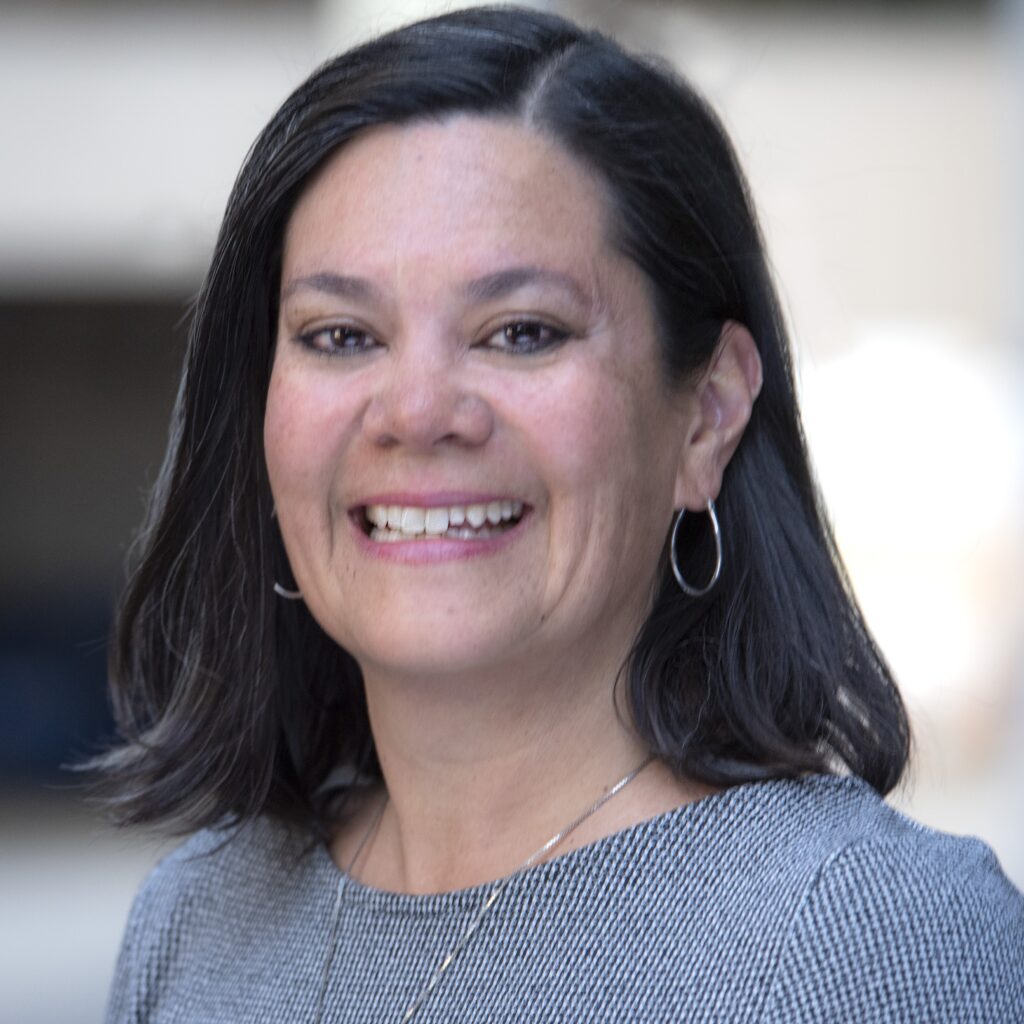by Amy Chato, Cohort 14

For the past year and a half, I have had the honor of managing the early learning programs for YouthPower365, a non-profit organization in Eagle County, including The Magic Bus. The Magic Bus is our mobile preschool program that provides free preschool classes to 3-5 year olds in various neighborhoods throughout the valley. Early childhood professionals drive into communities in a custom RV to offer four hours of class per week to children while creating home-to-school connections and supports for families. Some families choose to utilize the Magic Bus because they are not looking for full-time care, but rather the value of a preschool experience, including socialization with other children and being in routine and community. Others have full-time care with a Family, Friend, and Neighbor provider who chooses to bring the children they care for to the Magic Bus for learning routines. Many families enroll while on waitlists for a full-time slot at another licensed child care program, and few have transportation.
I’m so grateful for the legacy of the founders of the Magic Bus program who had the insight and creativity to think innovatively about our community’s needs in early care and education. The Magic Bus has been driving into neighborhoods and apartment complexes for over a decade and became a licensed program in 2016. As one can imagine, the licensure process for an RV consisted of fitting many square pegs into round holes. Thankfully, the most recent licensing updates now include regulations that are tailored to mobile preschool programs, in turn opening new doors to access funding and coaching to elevate quality. This trend in thinking outside the box and creatively about access to early childhood programs has been a long time coming. It’s hard to express just how appreciative I am of the pioneers who paved the way for non-traditional programming in the name of equitable access.
Historically, the Magic Bus targeted families with children not enrolled in any other preschool program. With the changing landscape and Universal Preschool (UPK), we anticipate changing our requirements to encompass preschoolers receiving part- or half-time UPK services in a traditional program. Like most, we are a little nervous and maybe a little excited (depending on the day) to see how our role will reshape and evolve with the changes that lie ahead. One certainty in the coming year is that the Magic Bus will keep on rolling into neighborhoods who need us most.
